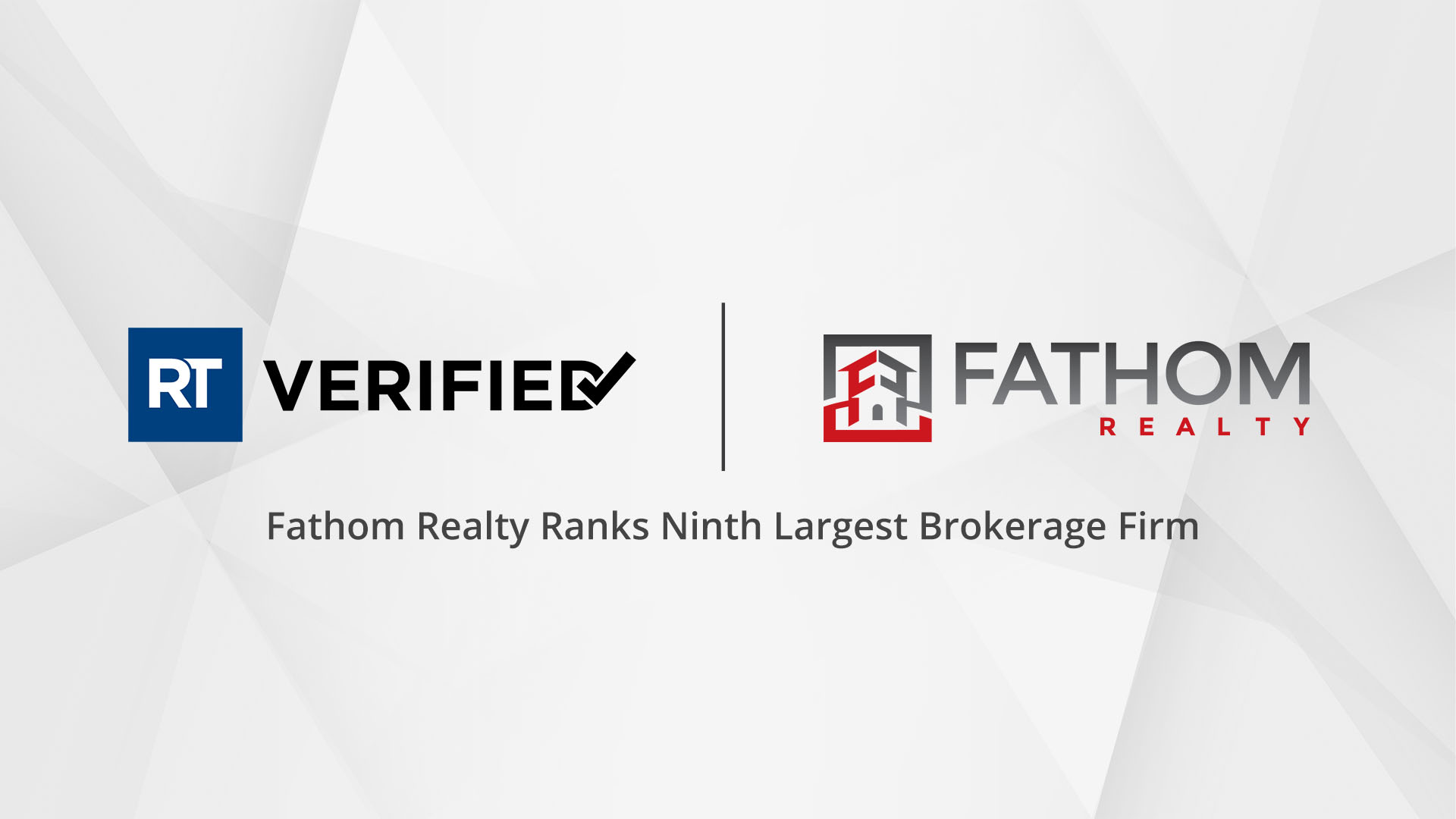
The impact of a brokerage firm’s size on its profitability has become more evident as the industry evolves and as technology, social marketing and consumers’ changing needs affect it.
Small boutique brokerage firms and large mega brokers, both of which have demonstrated the ability to compete and remain profitable, represent two different ends of the competitive spectrum. The brokerage firms in between have fallen into a business death trap called the “messy middle,” a place where risk is high, competition is fierce, and profitability seems impossible.
Options for Brokerage Owners Stuck in the Messy Middle
Most brokerage owners didn’t begin their real estate careers with the goal of owning a brokerage. They may have become owners through circumstances and opportunities, but rarely did they enter the business aiming to own a brokerage. Helping people was (and still is) their passion and their reason for getting into the real estate business. Specifically, they want to help real estate agents build thriving businesses and help buyers and sellers have successful real estate experiences.
Yet, once you’re an owner, you spend less time pursuing those passions and more time on functions that bring little to no satisfaction, such as operations, compliance, accounting, legal, insurance, staffing, audits…the list goes on.
If you find yourself looking for alternatives to owning a brokerage, here are some options to consider.
Sell Your Business. If your business is profitable, you have a saleable asset. The value of real estate brokerages is typically based on a multiple of earnings before interest, taxes, depreciation and amortization (EBITDA). The multiple can vary, but the general rule of thumb is 2.5 to 5 times EBITDA.
Merger or Roll-Up. Joining forces to gain economies of scale is an appealing option for brokerage owners. Opportunities can take various forms. Sometimes a single new owner emerges over the combined business; other times, the best route may be a partnership. Whatever the new operating structure, merger or roll-up is appealing when you are trying to create profit by combining talent, maximizing synergies and eliminating the redundancies of two separate operations.
Walk-Over. This exit strategy is becoming more common for small brokerages and those in the messy middle. In a typical walk-over, a brokerage owner finds a leadership opportunity with another brokerage business that allows them to continue to lead but gets them out from under the baggage of ownership. In addition to the compensation for the new leadership role, the owner often receives a financial benefit for each agent from their former firm that joins them at the new brokerage. This results in a win-win for everyone involved.
Close Your Business. Much money has been made and lost in the real estate brokerage business. Owners are typically overly optimistic and tend to hang onto a money-losing commitment well past the time they should. Ultimately, this results in lost money and opportunity. It’s okay to recognize and acknowledge that brokerage ownership is not for you. Hanging on until you’ve lost a significant amount of money and are forced to close the business is unfortunate and avoidable.
The real estate industry is changing at a faster pace than at any other point in history. Are you ready to map out your future strategy?
(Article originally posted on rismedia.com)






